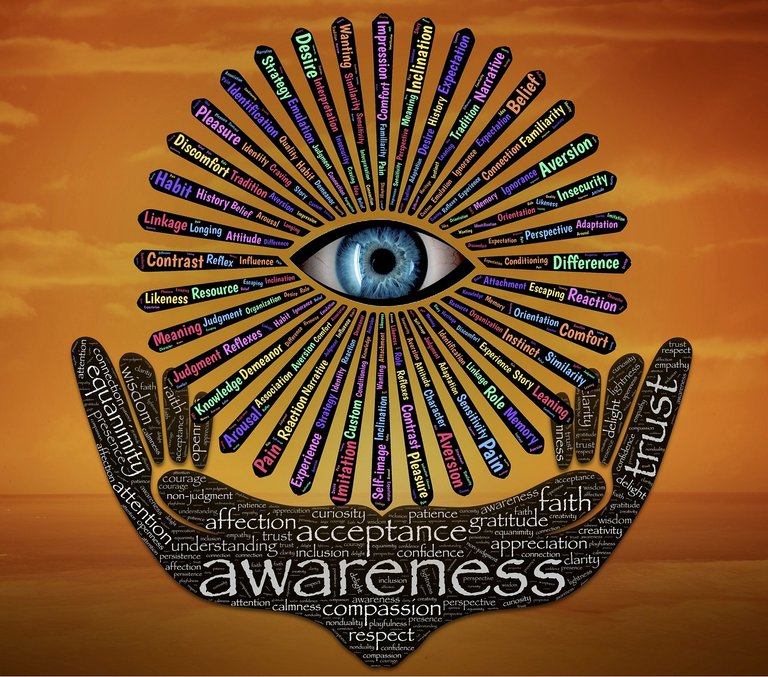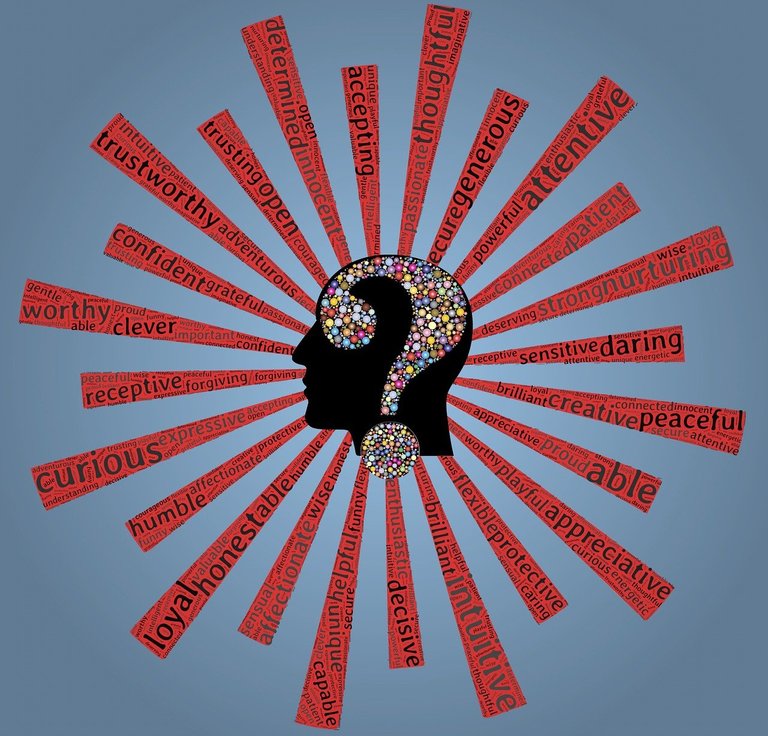Introduction
In today's fast-paced world, self-improvement and self-discovery have become increasingly important. People are striving to enhance their lives, explore their true potential, and find fulfillment. This article delves into the realm of self-improvement and self-discovery, providing insights, strategies, and practical tips to embark on a transformative journey toward personal growth.
Understanding Self-Improvement
What is Self Improvement?
(Self-improvement encompasses various aspects of life, including personal professional and spiritual growth). It involves setting goals, adopting new habits, acquiring new skills, and overcoming limitations. Self-improvement is a lifelong journey that allows individuals to reach their full potential and lead a more fulfilling life.
The Importance of Self-Improvement
Self-improvement is essential for personal growth and happiness. It empowers individuals to take control of their lives, make positive changes, and achieve their goals. By continuously improving oneself, one can increase self-confidence, enhance relationships, and create a more fulfilling career. Self-improvement also enables individuals to adapt to challenges and embrace new opportunities with resilience.
The Power of Self-Discovery
Exploring Self-Discovery
Self-discovery involves deep introspection and self-reflection. It is a process of uncovering one's true identity, values, beliefs, and passions. Through self-discovery, individuals gain a better understanding of their strengths and weaknesses, enabling them to make informed decisions and align their lives with their authentic selves.

Embracing Personal Growth
Self-discovery paves the way for personal growth. It allows individuals to identify their aspirations and align their actions with their values. By embracing personal growth, individuals can step out of their comfort zones, explore new opportunities, and realize their true potential.
Setting Clear Goals for Self-Improvement
Defining Your Purpose
To embark on a journey of self-improvement, it is essential to define your purpose. Ask yourself meaningful questions about what you want to achieve and why it is important to you. Set clear, specific, and measurable goals that align with your values and aspirations.
Identifying Areas of Improvement
Identify areas of your life that you want to improve. Whether it's improving your physical health, enhancing your relationships, or advancing in your career, recognizing areas for improvement allows you to focus your efforts and make progress.
Developing Positive Habits
The Role of Habits in Personal Growth
Habits play a crucial role in personal growth. Positive habits contribute to productivity, well-being, and success. Identify habits that align with your goals and values, and create a routine that supports your personal development journey.
Cultivating Healthy Habits
Incorporate healthy habits into your daily life. This could include exercising regularly, practicing mindfulness, reading books, or setting aside time for self-reflection. Small changes in your daily habits can lead to significant improvements in the long run.
Building Self-Confidence
Embracing Self-Acceptance
Self-confidence stems from self-acceptance. Embrace your strengths and weaknesses, and practice self-compassion. Recognize that everyone has room for growth and that mistakes and failures are opportunities for learning and development.
Overcoming Self-Doubt
Self-doubt can hinder personal growth. Challenge negative self-talk and limiting beliefs. Surround yourself with positive influences, seek support from mentors or friends, and celebrate your accomplishments along the way.
Enhancing Emotional Intelligence
Understanding Emotional Intelligence
Emotional intelligence refers to the ability to recognize and manage emotions, both in oneself and others. It plays a significant role in personal and professional relationships, decision-making, and overall well-being. Cultivate self-awareness, empathy, and effective communication skills to enhance your emotional intelligence.
Strategies to Strengthen Emotional Intelligence
Practice active listening, develop empathy, and regulate your emotions. Reflect on your emotional responses and seek to understand the emotions of others. Engage in activities that promote self-reflection and emotional well-being, such as journaling or meditation.
Nurturing Mindfulness and Self-Care
The Power of Mindfulness
Mindfulness is the practice of being fully present and aware of the present moment. It allows you to observe your thoughts and emotions without judgment. Incorporate mindfulness into your daily life through meditation, breathing exercises, or engaging in activities that bring you joy and peace.
Practicing Self-Care
Self-care is crucial for overall well-being. Prioritize self-care activities that nurture your physical, mental, and emotional health. This could include getting enough rest, eating nutritious meals, engaging in hobbies, spending time in nature, or seeking professional help when needed.

Seeking Knowledge and Continuous Learning
The Pursuit of Knowledge
Seeking knowledge is a lifelong endeavor. Read books, attend workshops or seminars, and engage in conversations that expand your horizons. Embrace a growth mindset and be open to learning from diverse perspectives.
Lifelong Learning and Personal Development
Continuous learning is essential for personal development. Set aside time for self-education and skill development. This could involve taking online courses, acquiring new certifications, or seeking mentorship from experts in your field.
Overcoming Challenges and Adversities
Embracing Resilience
Challenges and adversities are inevitable in life. Developing resilience allows you to bounce back from setbacks and maintain a positive outlook. Cultivate a resilient mindset by reframing challenges as opportunities for growth and developing problem-solving skills.
Turning Obstacles into Opportunities
View obstacles as opportunities for self-improvement. Identify the lessons learned from difficult experiences and use them as stepping stones to personal growth. Embrace a proactive mindset and take action towards overcoming obstacles.
Cultivating Positive Relationships
The Influence of Relationships on Personal Growth
Positive relationships are vital for personal growth. Surround yourself with individuals who support and inspire you. Cultivate meaningful connections based on trust, respect, and shared values. Engage in open and honest communication, and be willing to learn and grow from your interactions with others.
Building Supportive and Inspiring Connections
Nurture your relationships by actively listening, expressing gratitude, and offering support to others. Seek opportunities to collaborate and learn from like-minded individuals. Build a network of mentors and peers who can provide guidance and encouragement on your personal growth journey.
Celebrating Progress and Acknowledging Achievements
Recognizing Personal Growth Milestones
Celebrate your progress and achievements along the way. Acknowledge the milestones you've reached and the positive changes you've made in your life. Take time to reflect on how far you've come and the lessons you've learned.
Fostering a Growth Mindset
Maintain a growth mindset throughout your self-improvement journey. Embrace challenges, view failures as learning opportunities, and believe in your ability to learn and grow. Stay curious, resilient, and open to new possibilities.

Conclusion
Self-improvement and self-discovery are transformative journeys that lead to personal growth and fulfillment. By setting clear goals, developing positive habits, building self-confidence, enhancing emotional intelligence, nurturing mindfulness and self-care, seeking knowledge, overcoming challenges, cultivating positive relationships, and celebrating progress, individuals can embark on a path of continuous growth and self-realization.
FAQs (Frequently Asked Questions)
How long does it take to see results in self-improvement?
The timeline for seeing results in self-improvement varies for each individual. It depends on the specific goals, the effort invested, and the consistency of practice. While some changes may be noticeable in a few weeks or months, significant transformations often require long-term commitment and perseverance.
Can self-improvement help with mental well-being?
Yes, self-improvement can positively impact mental well-being. By engaging in activities that promote self-care, developing positive habits, and enhancing emotional intelligence, individuals can cultivate resilience, manage stress, and improve their overall mental health.
What are some effective self-care practices?
Effective self-care practices include activities that promote physical, mental, and emotional well-being. Examples include regular exercise, practicing mindfulness or meditation, spending time in nature, pursuing hobbies, seeking therapy or counseling when needed, and maintaining healthy boundaries in relationships.
How can I stay motivated during challenging times?
Staying motivated during challenging times can be difficult but not impossible. Set realistic goals, break them down into smaller milestones, and track your progress. Surround yourself with a supportive community, seek inspiration from others, and remind yourself of your purpose and the benefits of personal growth.
Is self-improvement a never-ending process?
Self-improvement is a lifelong journey. As individuals evolve, their goals and aspirations may change. Embrace self-improvement as an ongoing process of learning, growth, and self-discovery. Continuously assess your progress, adjust your goals, and keep challenging yourself to reach new heights.
There is reasonable evidence that this article is machine-generated. Posting such content is considered fraud. Fraud is discouraged by the community and may result in the account being Blacklisted.
Guide: Why and How People Abuse and Defraud
If you believe this comment is in error, please contact us in #appeals in Discord.